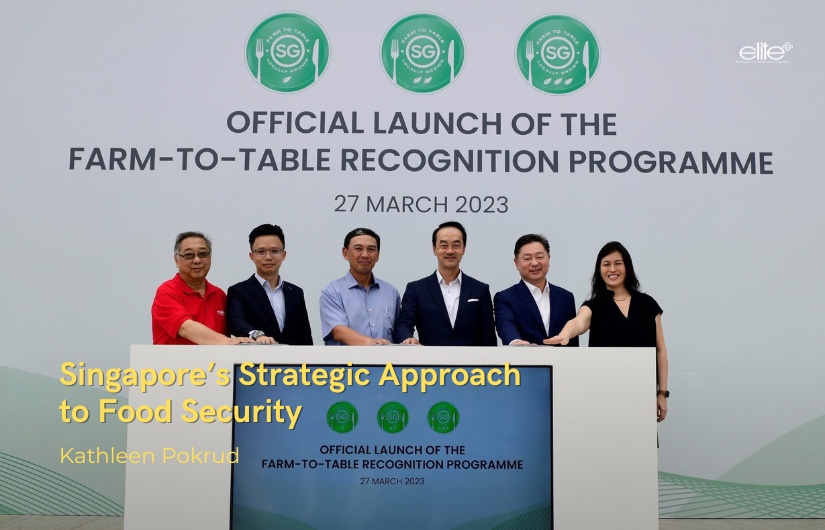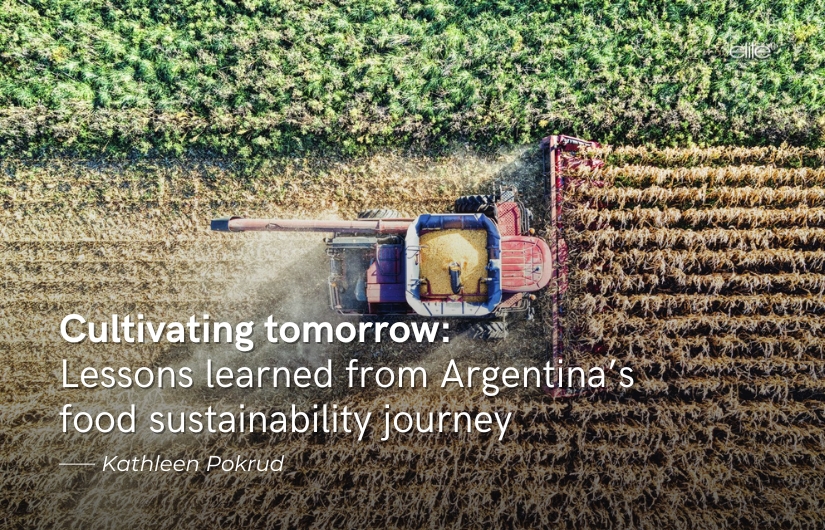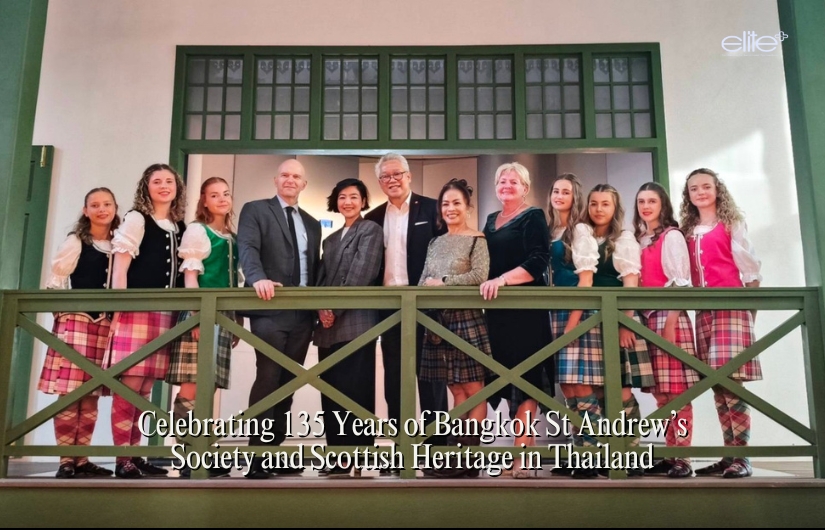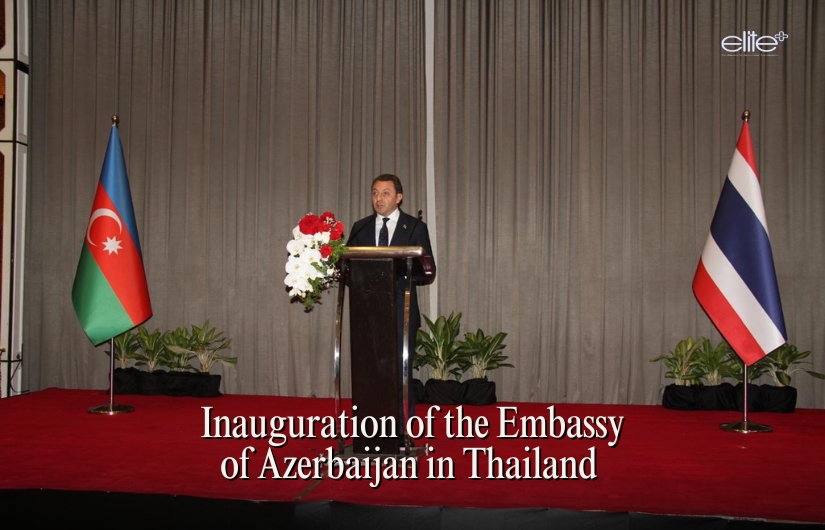Singapore’s Strategic Approach to Food Security
By Kathleen Pokrud
Photos courtesy of the Embassy of Singapore
Food security is a national priority for Singapore due to its unique vulnerabilities as a small nation. To counter the risks posed by global supply chain disruptions, climate change, and geopolitical tensions, Singapore has adopted a multi-pronged strategy to safeguard its food supply. For this article, I sat down with HE Ambassador Catherine Wong to discuss Singapore’s proactive and forward-looking approach to ensuring that its population continues to have access to safe, nutritious and affordable food, even in the face of global uncertainties.
Ambassador Wong first shared, “Food security is a key priority for Singapore. As a small and open economy, Singapore imports more than 90% of the nation’s food supply. This leaves us vulnerable to supply chain disruptions that could arise due to climate change, disease outbreaks and geopolitical developments. In fact, the Covid-19 pandemic reinforced the importance of looking into strategies to strengthen Singapore’s food resilience.
“To minimise the impact of such disruptions, diversification of import sources remains our core strategy to ensure food security. Singapore currently imports from 187 countries and regions.”
She went on, “However, as a net food importer with an open economy, the reality is that Singapore is not able to insulate ourselves completely from food supply disruptions and the risk of unsafe food.
“This is why Singapore embarked on an aspirational “30 by 30” vision in 2019 to build the capability and capacity of our agri-food industry to produce more with less.”
Ambassador Wong stressed that in Singapore food security is a joint responsibility between the government, industry and consumers. She elaborated, “All parties have a role to play in ensuring Singapore remains resilient in the face of crises and disruptions to our food security.
“First, the Singapore Food Agency (SFA) oversees food safety and food security in Singapore. SFA does this by supporting the industry to diversify import sources, working closely with industry stakeholders and overseas government authorities to forge new partnerships and accredit new food sources to ensure they all meet food safety standards and animal health requirements.
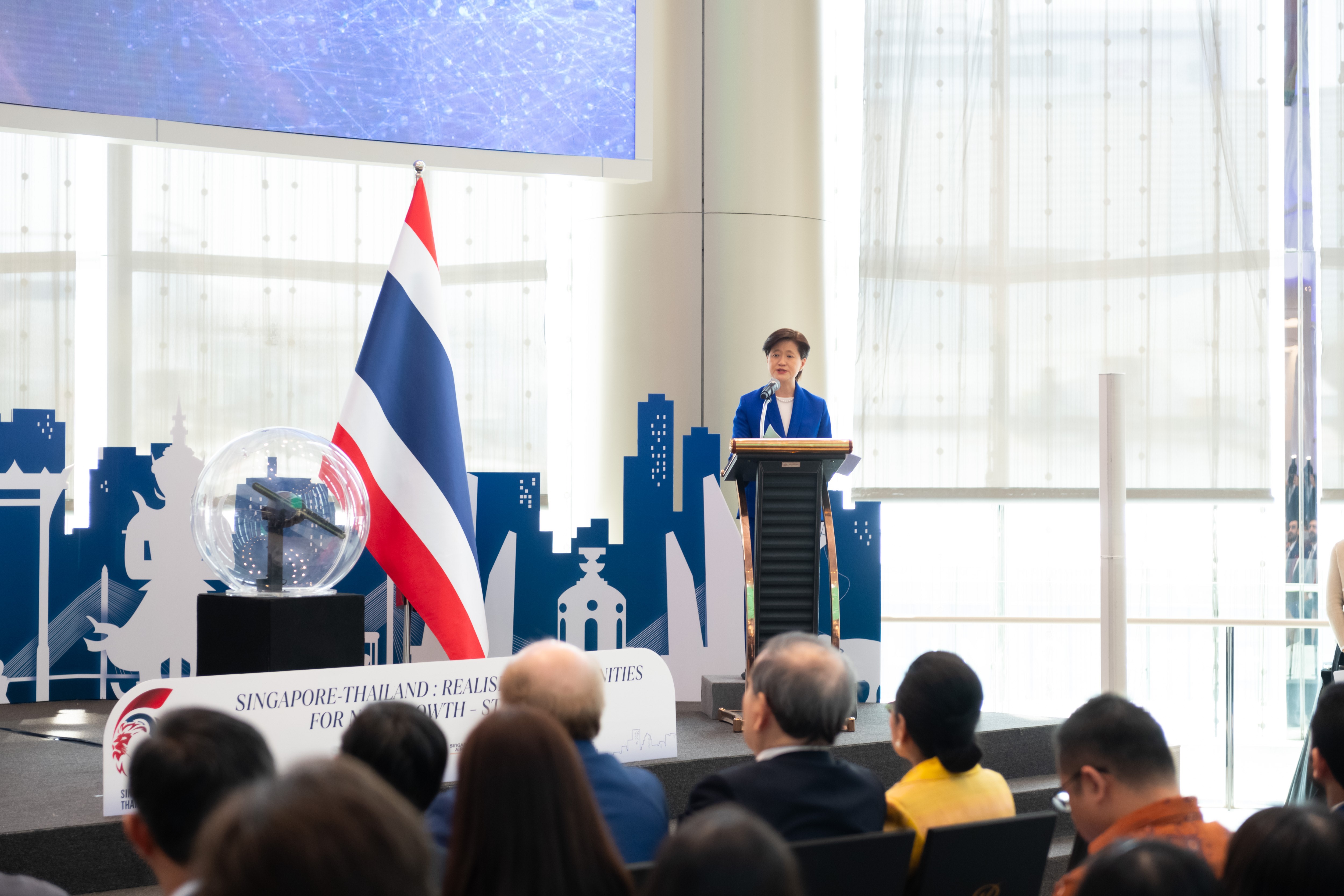
“Second, the food industry’s efforts to diversify their import sources and have business continuity are crucial as they help to build resilience in Singapore’s supply networks by allowing businesses to quickly pivot to alternative sources in the event of supply disruptions.
“Third, local production serves as a crucial complementary strategy to our food imports. Beyond strengthening our food supply resilience, local produce also offers several advantages – it is fresher, lasts longer and has a lower carbon footprint!
“Last but not least, consumers play a key role by being able to adapt to alternative food types during disruptions.”
The Singapore government invests heavily in agricultural technology innovation, urban planning, research and development to boost productivity and resilience. Ambassador Wong explained, “Given Singapore's limited land and resources, harnessing science and technology is essential to enable our local agri-food sector to grow more with less while minimising environmental impact.
“The SFA works closely with industry stakeholders to transform the local agri-food industry into one that is highly productive, climate-resilient and resource-efficient. Farms receive various forms of support, including funding for research and development, to foster innovation.
“For example, the Government has committed over S$300 million to the Singapore Food Story R&D Programme since 2019 to drive research in sustainable urban food production, future foods and food safety science and innovation. In addition, a S$60 million Agri-Food Cluster Transformation (ACT) Fund was introduced in 2021 to help local farms adopt climate-resilient, high-tech farming methods.
“Today, Singapore’s local egg production contributes more than 30% of local consumption. Local beansprout production has also reached more than 50% of local consumption.”
The Singapore Food Agency continues to promote many initiatives to encourage food sustainability. Ambassador Wong clarified, “To encourage sustained demand for local produce so local farms can grow, SFA also actively facilitates collaborations and initiatives to encourage the consumption of local produce.
“For example, SFA introduced the SG Fresh Produce (SGFP) logo in 2022, which was designed to help consumers easily identify and purchase locally grown produce during their grocery runs. The system's highest tier, represented by the 3-star logo, is awarded to farms that meet both Singapore Good Agricultural Practices (SG GAP) and Clean and Green Urban Farms (C&G) standards. This means that the produce is fresh, quality-assured and grown in a farm that employs sustainable and resource-efficient practices with minimal waste generation.
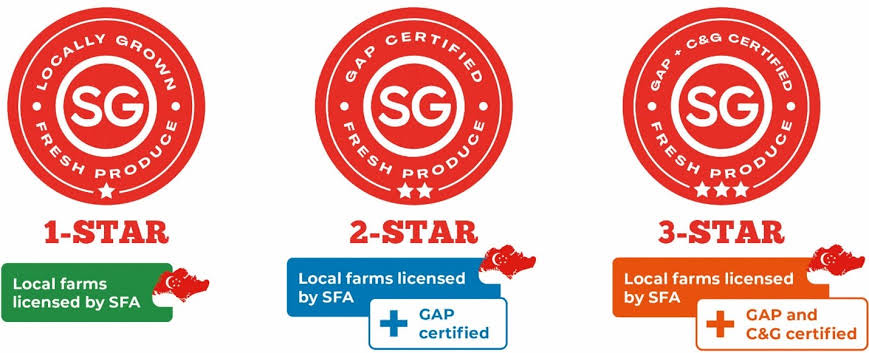
“SFA also launched the Farm-to-Table Recognition Programme (FTTRP) in 2023. It recognises food businesses in the HoReCa (Hotels, Restaurants and Caterers) sector that support local produce. The programme helps consumers identify food establishments using local ingredients when dining out, creating a win-win situation for all – businesses and consumers benefit from access to fresher, more sustainable and often pesticide-free produce while local farms secure more consistent demand.”
These are just some examples how the Singapore government actively works with the industry and the consumers on food security matters. As we concluded our interview, Ambassador Wong reiterated, “Looking ahead, Singapore will continue to explore emerging sustainable food innovations – like insects! The SFA has developed an insect regulatory framework and approved 16 insect species for human consumption in Singapore. These insects include crickets, grasshoppers, locusts, mealworms and silkworms, which can be eaten whole or used as ingredients in products like pasta, crackers and snack bars.
“Singapore will also continue to look for like-minded partners in the public and private sectors to collaborate on food security, be it diversifying our food sources or driving research and development for sustainable food solutions.
“Singapore and Thailand are natural partners, and food security is an issue of mutual interest. As we celebrate the 60th anniversary of diplomatic relations between Singapore and Thailand this year, we look forward to working closely together to benefit our countries and the region.”


